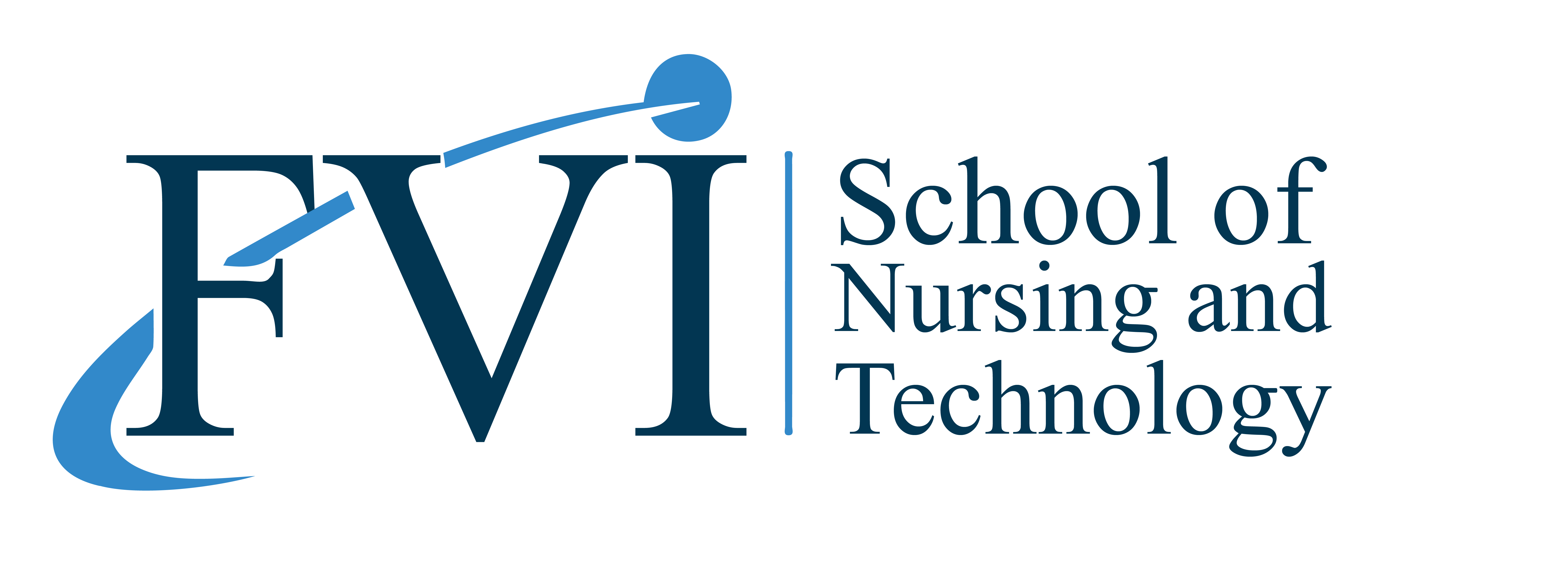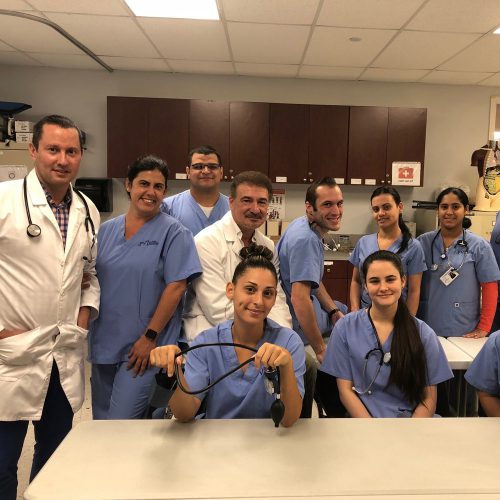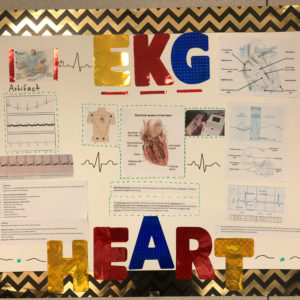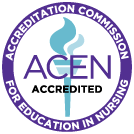What is an Electrocardiogram?
According to the American Heart Association An EKG — also abbreviated as ECG — is a test that measures the electrical activity of the heartbeat. With each beat, an electrical impulse (or “wave”) travels through the heart. This wave causes the muscle to squeeze and pump blood from the heart. A normal heartbeat on ECG will show the timing of the top and lower chambers.
Why is it done?
An EKG gives two major kinds of information. First, by measuring time intervals on the EKG, a doctor can determine how long the electrical wave takes to pass through the heart. Finding out how long a wave takes to travel from one part of the heart to the next shows if the electrical activity is normal or slow, fast or irregular. Second, by measuring the amount of electrical activity passing through the heart muscle, a cardiologist may be able to find out if parts of the heart are too large or are overworked.
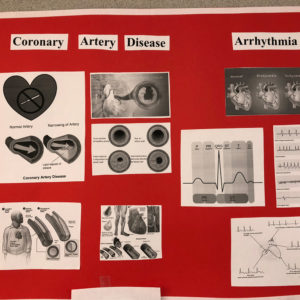
What’s the Difference Between ECG and EKG?
The fact of the matter is that an ECG and an EKG are the exact same thing. That’s right, the most surprising difference between an ECG and an EKG is that there is no difference at all. Both ECG and EKG stand for electrocardiogram.
Washing Hands for Infection Control
Right before performing any procedure, it is important to follow the proper steps to wash your hands to prevent infections and control germs. The use of gloves alone isn’t enough, and it is highly recommended when working with patients to wash your hands at least 100 times on a 12-hour shift.
Handwashing with soap removes germs from hands. This helps prevent infections because:
- People frequently touch their eyes, nose, and mouth without even realizing it. Germs can get into the body through the eyes, nose, and mouth and make us sick.
- Germs from unwashed hands can get into foods and drinks while people prepare or consume them. Germs can multiply in some types of foods or drinks, under certain conditions, and make people sick.
- Germs from unwashed hands can be transferred to other objects, like handrails, table tops, or toys, and then transferred to another person’s hands.
- Removing germs through handwashing, therefore, helps prevent diarrhea and respiratory infections and may even help prevent skin and eye infections.
Hands-On Practice Day In Miami
Both Medical Assistant and PCT students receive a VERY hands-on training. Part of that training that would lead to a successful career is learning how to perform an EKG correctly. Each week, students and instructors get together and go over what they learned in the books to actually do it because they sure know that practice makes perfect. Together, they created a real-life set up where they perform an EKG to a “patient”, starting by checking in the patient at the doctor/hospital, getting his/her information, all the way to printing the electrocardiogram.
Interested in our programs? Visit us here!
